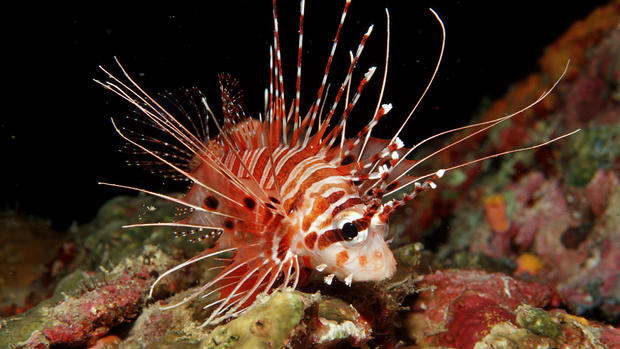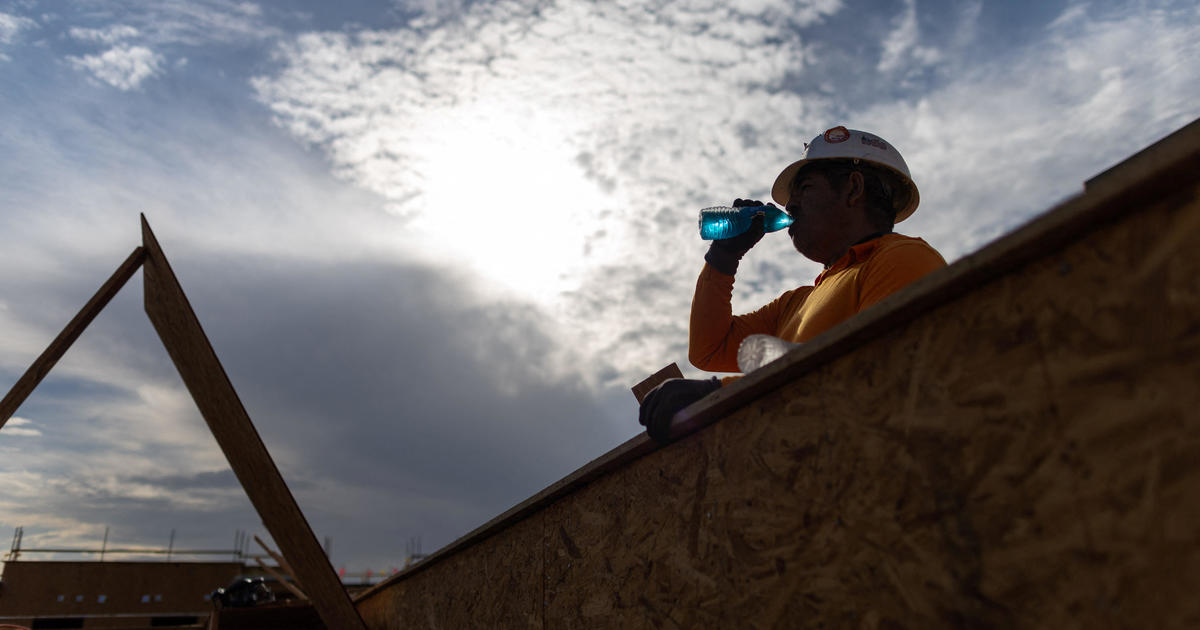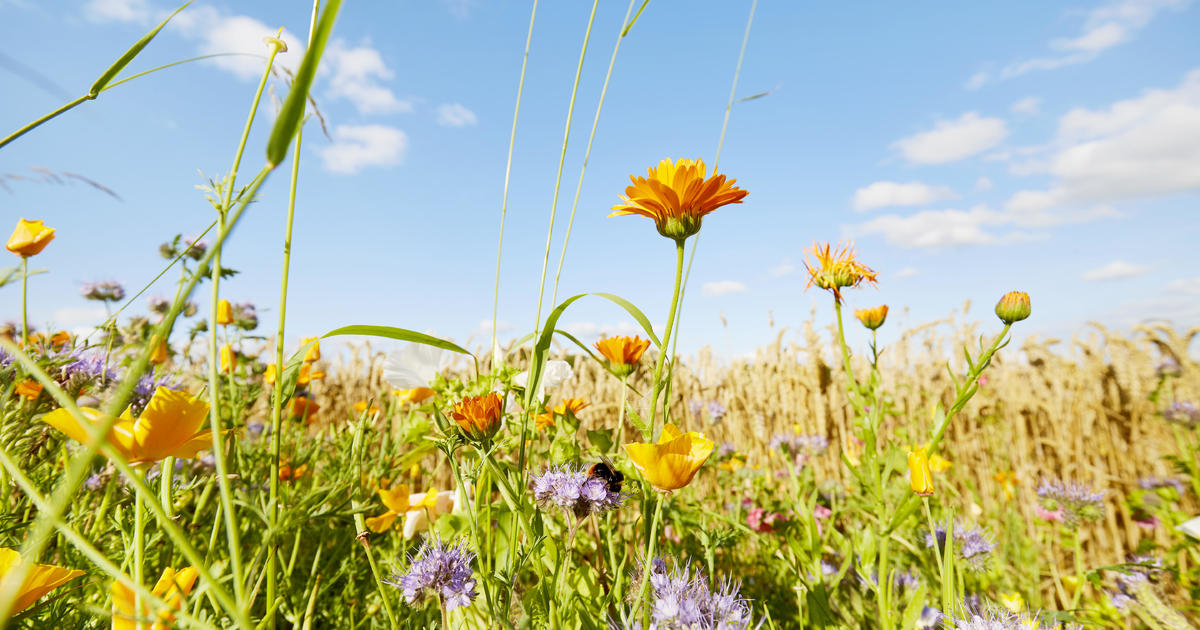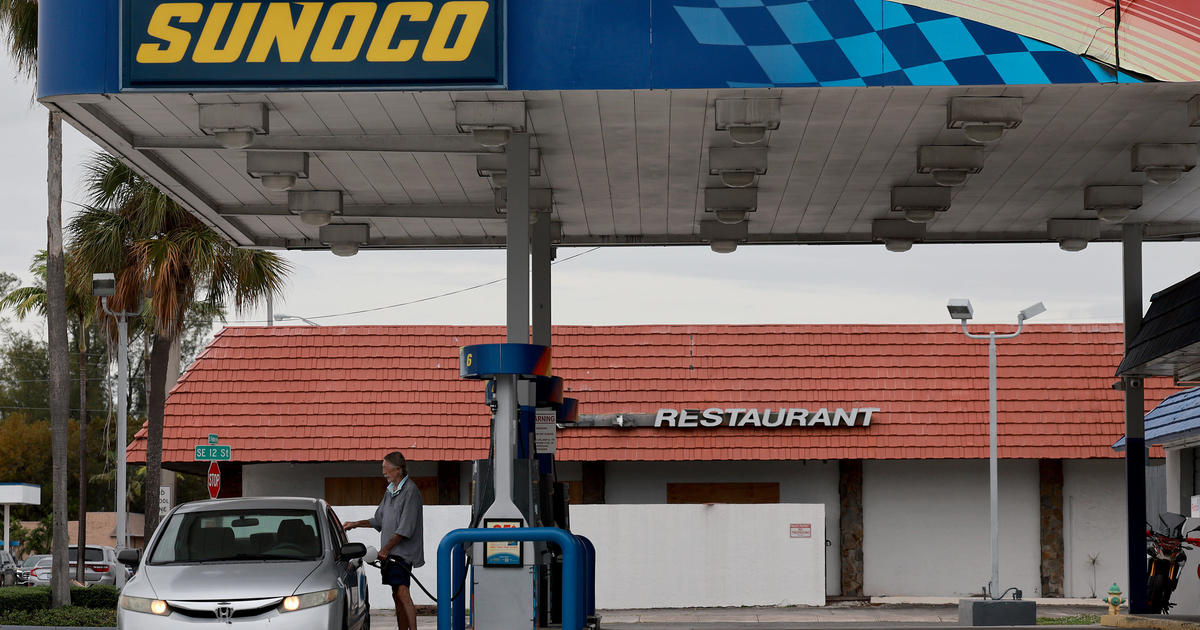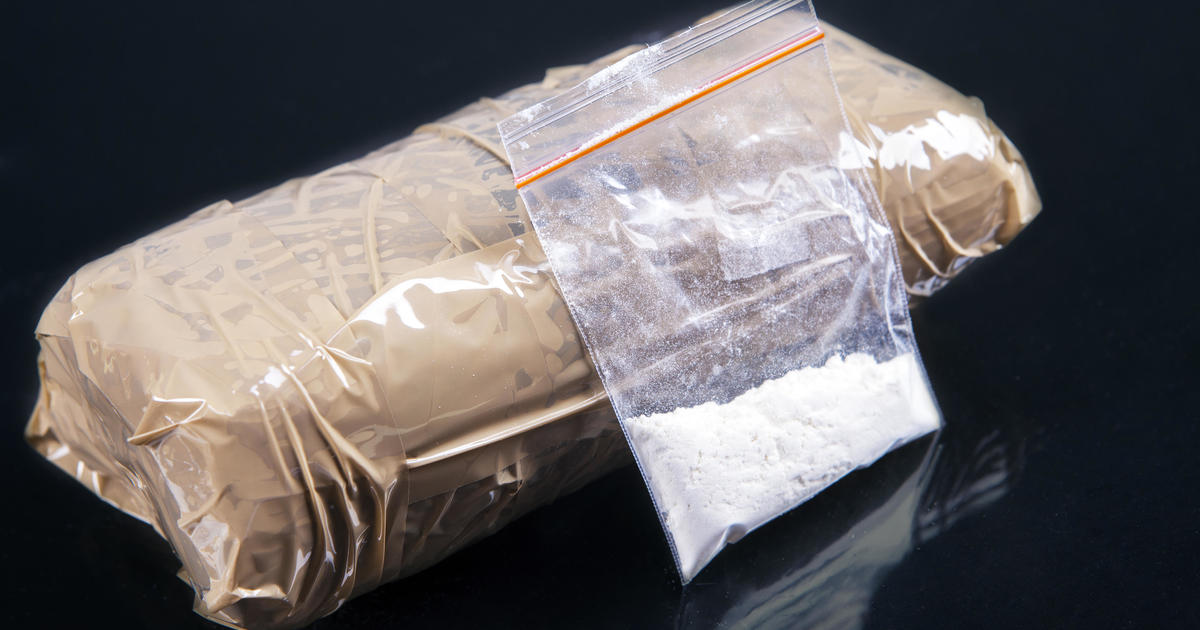Australia's Great Barrier Reef status lowered to "critical" and deteriorating
The health status of Australia's Great Barrier Reef has officially declined from "significant concern" to "critical" for the first time, the International Union for Conservation of Nature (IUCN) announced this week. It said climate change is now the biggest threat to natural World Heritage sites, including the world's largest and most spectacular coral reef.
According to the new report, one-third of the 252 natural World Heritage sites are now threatened by climate change. Previously, invasive species were listed as the top threat.
Shrinking glaciers, coral bleaching and increasingly frequent and intense fires and droughts are just some of the devastating effects of climate change on these ecosystems. Many of these effects may have irreversible consequences on ecosystems, including species decline and extinction.
The Great Barrier Reef must contend with ocean warming, acidification and extreme weather to stay alive amid record heat waves. It has lost half of its coral to climate change since 1995, with its status now listed as "critical" — the most urgent designated status in the classification system of the UNESCO advisory board.
Sites listed as critical are "severely treated and require urgent, additional and large-scale conservation measures," the report said.
Three mass coral bleaching events in just the last five years have only exacerbated the reef's health problems and devastated the populations of marine species that rely on it. Warming waters threaten another mass bleaching event in 2021, with the time between bleaching events expected to shrink even further.
While some issues, like overfishing and habitat destruction, can be managed, the greatest threat — climate change — cannot be addressed at the site level. Additionally, the report warns that plans to protect the reef long-term have been slow to implement, failing to stop or reverse the reef's deterioration.
"Right now the federal government is shirking their responsibility to act as the custodian for the Great Barrier Reef and it's just appalling," Australian Marine Conservation Society Great Barrier Reef Campaigner David Cazzulino told Reuters. "We need a national climate change policy that has the future of our reef firmly at its heart. Which means limiting warming to 1.5 degrees, getting to net-zero emissions as soon as possible, well before 2050, and having a plan to get to 100% renewable energy, which we know is possible, will create a better society for all of us and create thousands of clean jobs in the process."
In addition to the Great Barrier Reef, four other Australian world heritage sites — the Blue Mountains, the Gondwana rainforests, the Ningaloo Coast and Shark Bay — have also deteriorated and received lowered statuses. Overall, more sites have deteriorated than improved since 2017.
IUCN found that just half of World Heritage sites have effective or highly effective protection and management. Overall, it found that the outlook for these sites is not improving, despite individual examples of success in some cases.
"Natural World Heritage sites are amongst the world's most precious places, and we owe it to future generations to protect them," said Bruno Oberle, IUCN's director-general. "As the international community defines new objectives to conserve biodiversity, this report signals the urgency with which we must tackle environmental challenges together at the planetary scale."
